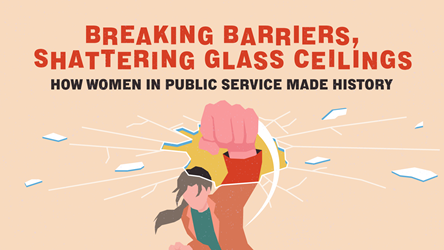Social Media is no Wonder Drug

When it comes to social media, organisations tend to see it as a wonder drug. There’re audacious promises that it’ll bring great marketing and PR results at a fraction of the cost. Oh, and also revolutionise the way organisations are run and bring about a new world order. But social media can be nothing more than another marketing channel when it’s used superficially.
It’s about Relationships and Strategy
Business (including the business of public services) is about relationships. Social media, when you strip away the hype, simply enables organisations to reach a broader audience and engage them in a more personable way. But, in the quest for fancier marketing tactics, such as YouTube video campaigns, many organisations sacrifice having a strategy and overlook the basics of building meaningful and lasting relationships, with horrific consequences in some cases.

Recently, during the prolonged breakdown of SMRT trains, the company was criticised for having a Twitter channel that was manned only during operating hours. In the world of new media where users expect 24/7 response, this showed a lack of understanding of the medium and, more importantly, its users.
If SMRT had paid more attention to knowing its users and had a well thought-out social media and customer engagement strategy, it wouldn’t have rushed to set up a Twitter account.
Organisations have to go beyond the superficial application of social media if they want significant results. The new connected customers are savvier and more demanding. They want more authentic and transparent form of communication with brands. But many organisations, both private and public, are still stuck in the early stages of what the industry is calling Social Business.
A Change In Mindset
Becoming a social business means introducing structural and cultural transformations that connect an organisation with its external partners to enhance relationships. This increases shared value for all stakeholders. Social media is embraced holistically, requiring a fundamental mindset shift.
Here’s an example of the old mindset: In a recent discussion with a public agency, we spent 75 per cent of the time debating if they should use Facebook, Twitter or blogs, and 25 per cent of the time planning campaigns to get more “likes”.
What should have been done was to discuss staff training on social media, inter-departmental coordination and community engagement plans. But these were quickly dismissed due to the lack of time. The powerful relationship-building capabilities of social media were hence ignored.
If that public agency valued relationships with its constituents, having a comprehensive community plan that goes beyond “likes” and ensuring the entire organisation is customer-facing should have been top priorities.
On the positive side, there’s a small but growing number of the “enlightened”. IBM is a great example. Besides selling business solutions to organisations keen to deploy social business, it is also empowering all IBM staff to be customer touch points. Everyone is trained on skills ranging from insight-generation to customer relations. As IBM puts it, “Social Business starts with People” and they are serious about it.
Marketers and business leaders are starting to demand greater integration and internalisation of social media with core infrastructures. But this will only come with a change in culture and mindset. All these have to happen from the top and with a real commitment to building relationships with customers.
In future articles at Challenge Online, I will elaborate on case studies and challenges as we look at going beyond merely tapping social media and towards building a truly social business.
Keith Nakamura is co-founder of Creo Inc., a social business consultancy, with more than 10 years of online and digital marketing experience. Previously, he was the digital marketing lead at Microsoft Singapore and Windows Live lead at Microsoft APAC.
- POSTED ON
May 25, 2012









